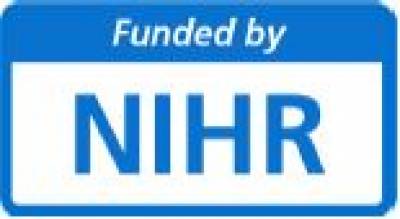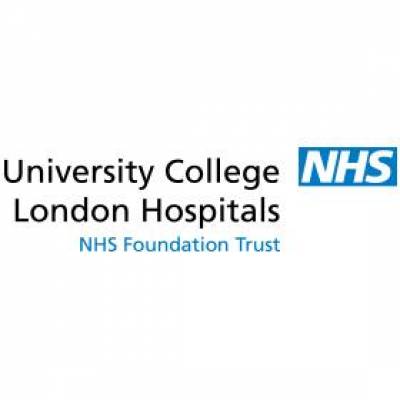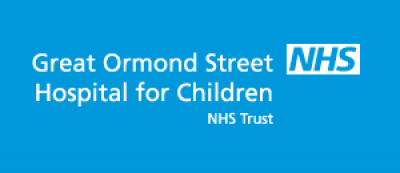INHALE: Potential of molecular diagnostics for Hospital-Acquired and Ventilator-Associated Pneumonia in UK critical care
Pneumonia is an infection of one or both lungs, usually caused by bacteria, viruses or fungi. This infection, and the resulting inflammation, means that the lungs can't work properly.
Pneumonia is life-threatening, particularly in severely-ill patients, in children and in those with respiratory failure requiring mechanical ventilation. Antibiotics are critical to survival and are administered immediately at diagnosis, then refined after 2-3 days once the microbiology laboratory has grown and characterized the pathogen.
Molecular diagnostics potentially accelerate investigation, identifying pathogens and their antibiotic resistances within hours, not days, allowing early refinement of the patient's treatment. This should benefit both the patient, who will get the 'right' treatment more quickly and society, which can use antibiotics less wastefully. In a world threatened by increasing antibiotic resistance, these are potentially critical improvements…. But only if these systems work!
INHALE explores the potential of rapid molecular diagnostics in hospital-acquired and ventilator-associated pneumonia (HAP and VAP). Specifically, the project will:
- Compare three molecular diagnostic "sample-in, answer-out" systems which claim to achieve rapid (<4h) detection of pathogens and antimicrobial resistances in HAP and VAP, without the need for microbiological culture
- Perform a clinical trial of the best-performing system comparing outcomes and 'antibiotic stewardship' in patients whose treatment it guides with those for conventionally-managed HAP and VAP patients
- Incorporate a cost benefit analysis for moving from conventional to molecular-guided management of HAP and VAP
- Include behavioural analysis to see whether clinicians are willing to base treatments on molecular results. This will identify the barriers to introducing molecular diagnostics and how these can be overcome.
 Close
Close








